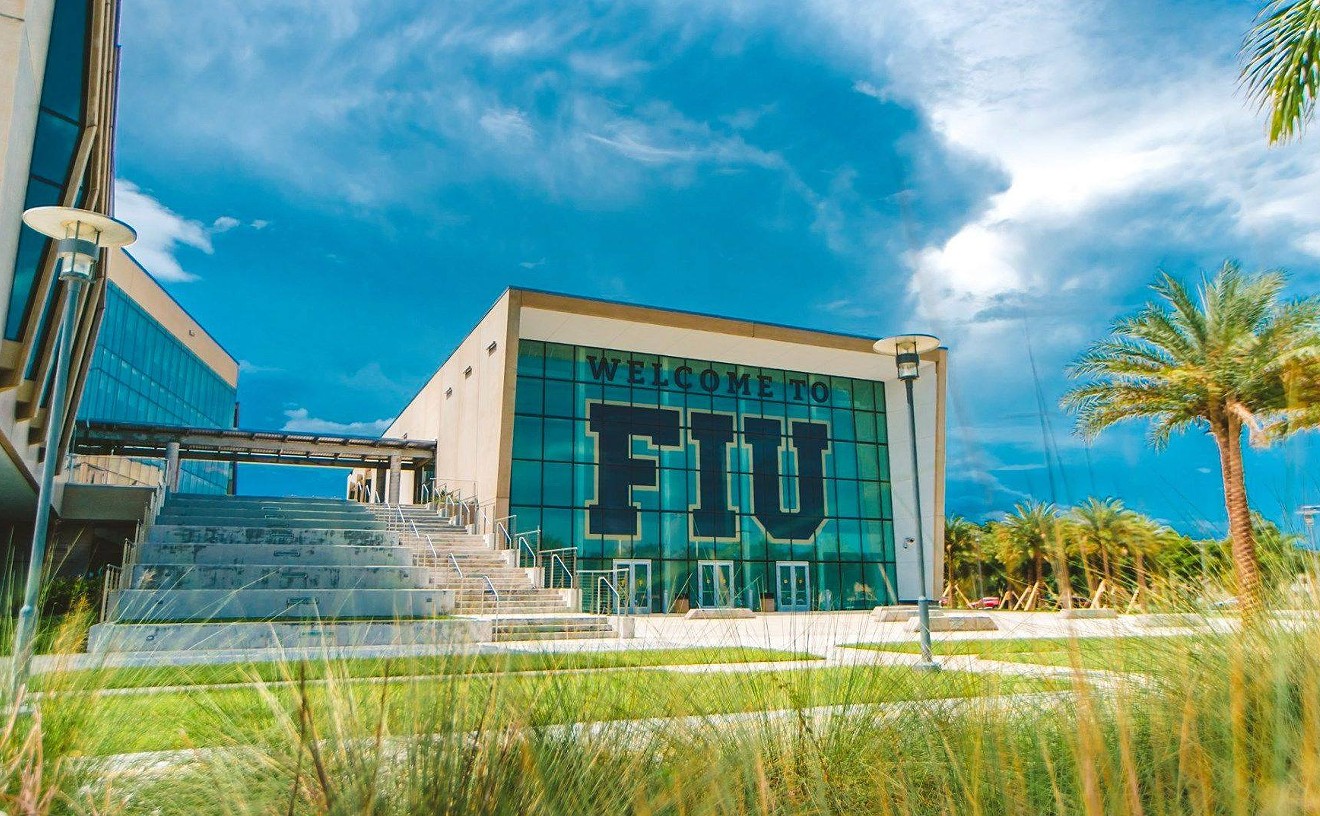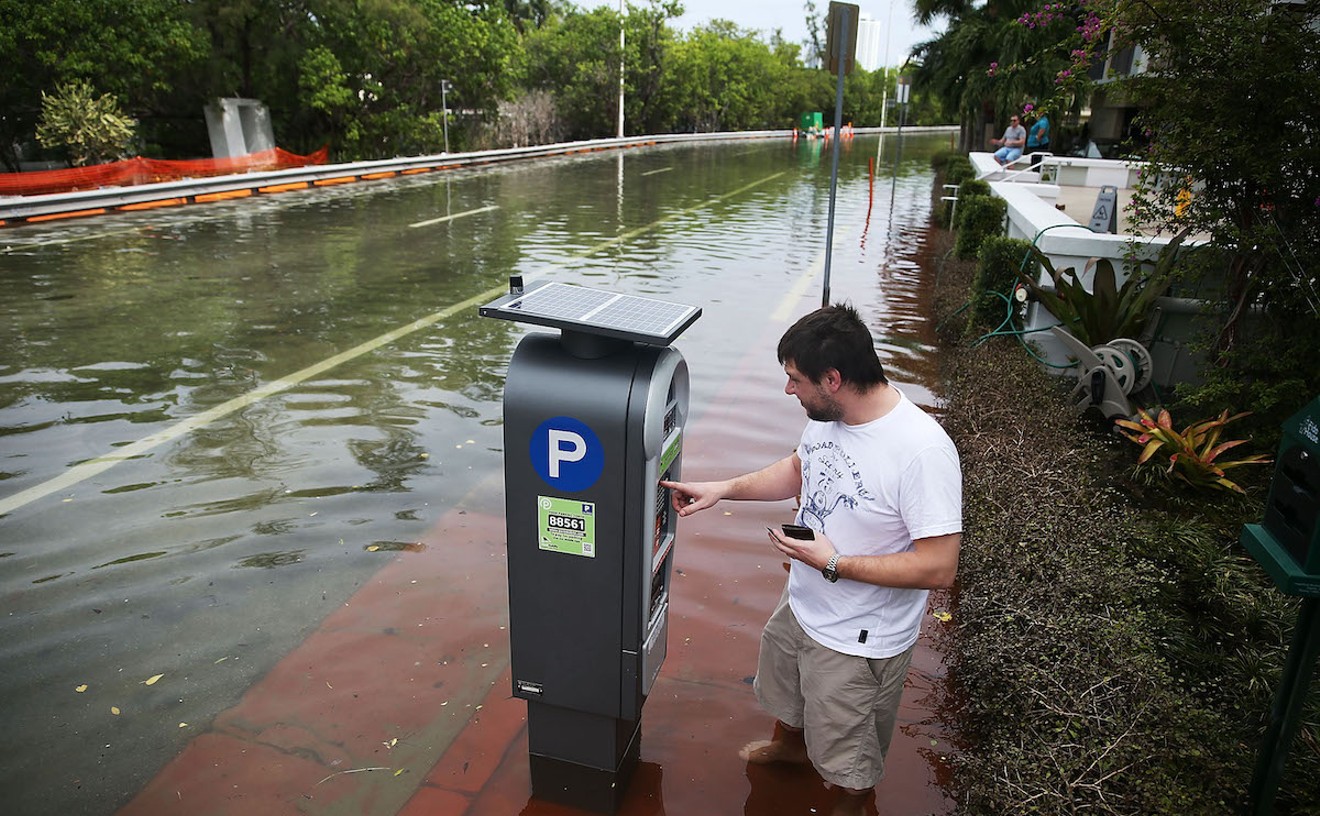The AccuWeather report projects an estimated 14 to 18 tropical storms in 2020. Seven to nine are forecast to become hurricanes, with two to four expected to be "major."
"This year, more than likely, we'll get hit with one or two big storms [in the U.S.] and we don't know specifically where that is, so if you live near a coast or on an island, have a hurricane plan in place," says AccuWeather hurricane expert Dan Kottlowski.
As all card-carrying Floridians know, hurricane season begins June 1. And while that's still a good two months away, it's very possible the U.S. will still be contending with COVID-19 at that time. Dr. Anthony Fauci, who serves on President Donald Trump's coronavirus task force, said late last week that Americans might have to practice social distancing for several weeks at the very least; Trump himself said earlier this month that the crisis could last until July or August..@accuweather meteorologists are predicting 'above-normal' tropical activity for the upcoming Atlantic hurricane season, which officially begins June 1: https://t.co/dh5vhAbSFa pic.twitter.com/wxVeAUlzRz
— AccuWeather (@breakingweather) March 25, 2020
Experts have already begun speculating on what might happen if this summer brings a more-intense-than-usual series of hurricanes. One worst-case scenario? Electrical grids could be affected, leaving households without power at the mercy of a strapped workforce.
"Utilities are doing a very good job right now, but if we get unlucky and have an active hurricane season, they're going to get very stressed because the number of workers that are available to repair damage and restore power will become more limited," John MacWilliams, a former associate deputy secretary of the Department of Energy, told Wired recently.
Others worry the Federal Emergency Management Agency (FEMA) could become too overwhelmed responding to coronavirus to effectively deal with a major storm.
"FEMA is stretched," James Kendra, director of the University of Delaware's Disaster Research Center, told Bloomberg in another recent story. "All the other hazards we have in the U.S. will not go away and will only complicate the task of responding to the coronavirus."
If a hurricane does threaten Florida this summer, there might be only one guy who can reassure quarantine-weary Miamians: beloved meteorologist Bryan Norcross. In a recent op-ed for the Washington Post, Norcross urged caution and offered some advice.
"We all know that stocking up, putting up shutters, and evacuating if necessary, all contribute to successfully riding out a hurricane," Norcross wrote. "In this emergency, we know the equivalent actions as well: Keep your distance from other people. Meet outside. Don’t breathe someone else’s air. Wash your hands when you come inside."













